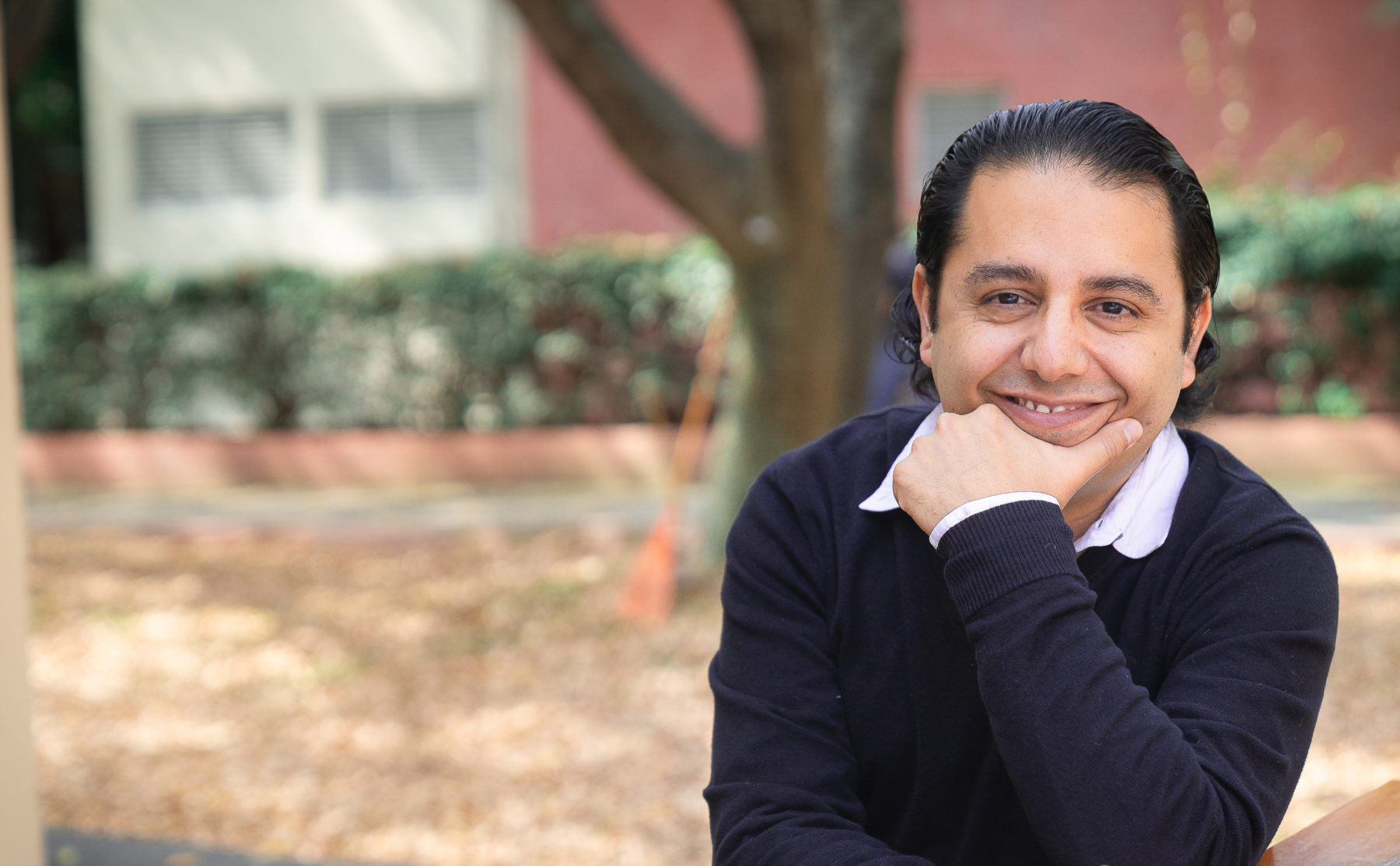For months now, I’ve been mulling over an idea and finally decided to pursue it: I will leave virtual platforms, stop creating content for them, abandon conversations, and end the endless search for things to read in these spaces.
It all started while I was reading a graduate thesis about how PhD students are trained, through hidden curricula, to communicate their research findings on social media. This reading led me to the literature on self-branding in social media, which has become an everyday professional activity for many.
As I reviewed this thesis and the academic literature that supports it, I realized I’m tired of spending time on my website, promoting my articles, and posting messages and photos from the latest conference I attended. It’s exhausting, steals my attention, and robs me of time to be present in the life unfolding before me. It drags me into an endless competition to see who publishes more and gets the most likes and retweets. As my dad would say, “I’m fed up.”
Recently, I also came across the controversial bestseller The Great Rewiring, written by a social psychologist who argues that part of the decline in mental health among today’s youth stems from the changes and distortions social media have caused in how we allocate our time, as well as the addictions triggered by dopamine hits from likes—closely tied to what I mentioned earlier.
I read the book carefully because it discusses the relationship between teenage girls and social media and how destructive it can be, especially on Instagram, and because I’ve been reflecting on how to educate my nine-year-old daughter in this digital environment. It also resonated with me professionally as I observed what was happening in my role as the head of a department with nearly a thousand undergraduates. Mental health issues have increased, and it’s becoming harder to teach in classrooms where many students are more engaged with their phones than with what’s happening around them.
The widely publicized book became a topic of conversation in various academic spaces, and predictably, critiques of its arguments emerged. I read these critiques—some delved into the complexities of statistical methods. In contrast, others, which resonated more with me, warned against falling into technological determinism or moral panic when analyzing communication technologies.
Even with the critiques, I believe the book, while not a total explanation of what’s happening, provides substantial evidence about something already publicly known: these platforms are designed to generate addiction and capture users’ attention. Reading the critiques, particularly the methodological ones, left me with a bitter taste, as they reflect an obsession with proving that something is scientifically and mathematically true. To me, it’s unnecessary to find statistical causality between social media use and mental health deterioration when I can observe it in my immediate environment and even in my own life.
There are also political reasons for stepping away. In 2016, Zuckerberg and the company admitted modifying algorithms during the U.S. presidential elections. Later, we learned about their “social experiments” worldwide, which led to tragic and lamentable events in many Global South countries. Eight years later, Elon Musk has taken center stage—a figure who played a crucial role in Trump’s election by supporting him through Twitter (I can’t get used to calling it X). Recently, my feed has been flooded with fake news, Musk’s messages, and now, Trump’s. In Mexico, the conversation has turned dark: pro- and anti-4T camps clash; pro-AMLO networks face off against the opposition; and everyone seems to believe themselves morally superior in their political judgments—regardless of which side they’re on.
Lastly, social media was a valuable tool for me to find interesting journalistic pieces and political columns for years. But algorithms, tweaked at the whim of their owners, changed that flow of ideas. I now see less and less content of interest in these spaces. What’s left are fights, mockery, insults, and biting, ironic comments—often devoid of intelligence.
Reflecting on everything I’ve described, I realize how much time and attention it has cost me. I need silence—time to contemplate and reflect on what’s happening, build new interpretations of our era’s communication systems, and conduct research far removed from likes and citations.
I don’t know if I’ll return to these spaces, but I’m turning off the lights here and there for now.
